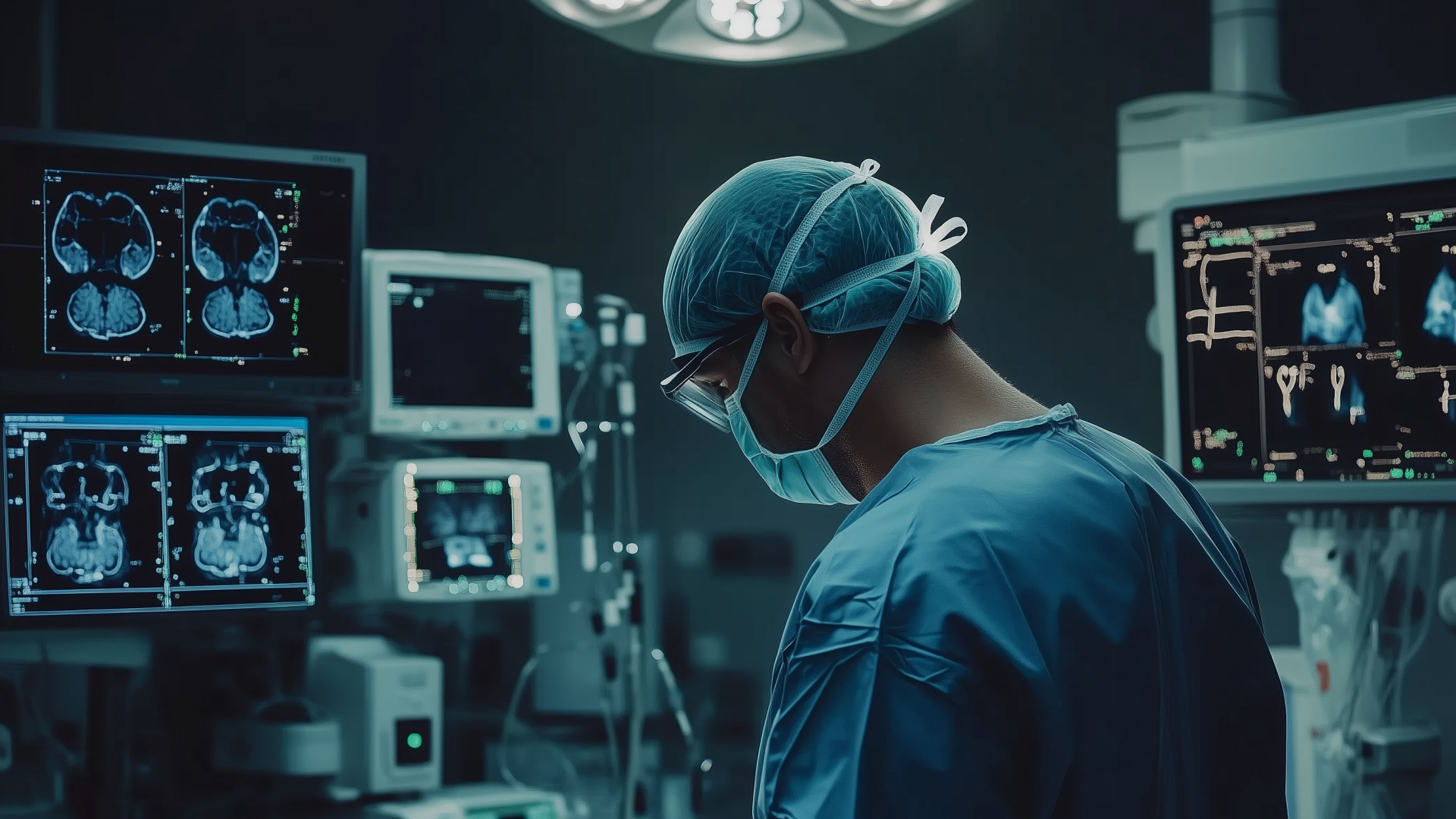The integration of Artificial Intelligence (AI) into the field of medicine is transforming how healthcare is delivered and experienced. From enhancing diagnostic accuracy to streamlining administrative tasks, AI has become a crucial tool in modern medicine. While its potential seems boundless, it's worth examining its impact.
AI in Diagnostics and Patient Care
One of the most groundbreaking applications of AI in medicine lies in diagnostics. Algorithms trained on vast datasets can analyze medical images, such as X-rays or MRIs, with precision that rivals or even surpasses human capabilities. AI can identify patterns in complex data sets, helping detect conditions like cancer, heart disease, and rare genetic disorders earlier and more accurately.
For physicians, this translates into a significant time-saving benefit, allowing them to focus on creating personalized treatment plans. With AI taking on some of the heavy lifting, it gives doctors the opportunity to redirect their attention to patient interaction and care, which are often the most rewarding aspects of their work.
Additionally, AI-driven tools like wearable health devices provide real-time monitoring and predictive analytics for patients. This enables early intervention and continuous care, which can enhance outcomes and reduce the need for emergency interventions.
Administrative Efficiency
Administrative tasks are a notorious contributor to physician burnout, as they often involve hours of charting, coding, and documentation. AI can streamline these processes through tools that automate medical recordkeeping, billing, and compliance management. New voice recognition software powered by AI allows doctors to dictate notes quickly, which are then transcribed and categorized without manual effort.
By reducing the time spent on paperwork, AI gives doctors the chance have more bandwidth to spend with patients and, importantly, to rest and recharge.
AI and Physician Burnout
Burnout among physicians is a pressing issue, with studies showing high rates of emotional exhaustion, depersonalization, and reduced professional satisfaction in the profession. One of the promises of AI is its potential to alleviate some of these pressures.
On the positive side, AI can offload repetitive and mundane tasks, enabling physicians to focus on more meaningful aspects of their practice. For example, predictive analytics can prioritize patient cases, helping physicians address urgent needs more efficiently while reducing cognitive overload.
However, AI isn’t a perfect solution. The adoption of new technologies often requires significant training and adjustments, which can initially add to a physician's stress. Additionally, concerns about the reliability of AI tools and potential errors can create anxiety. Physicians must still verify AI-driven recommendations, which requires a level of trust and familiarity with these tools.
To truly help combat burnout, AI must be implemented thoughtfully, with training and support systems in place to ensure its integration enhances workflows rather than complicating them.
The Human Element
While AI can do wonders in medicine, it cannot replace the human touch. The trust, empathy, and intuition that physicians bring to patient care remain irreplaceable. By viewing and leveraging AI as a supportive tool, doctors can reclaim some of their time and energy, ultimately improving not only their well-being but also the care they provide.
AI holds immense promise in advancing medicine and reducing burdens on physicians. However, its success in alleviating burnout depends on its thoughtful implementation and the continued prioritization of the human elements that make medicine a deeply impactful profession.

